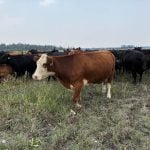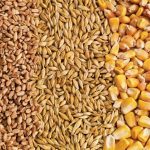
Tag Archives grain transportation

Unexpectedly big crop moving slower than last year
That worries KAP president Dan Mazier, but the WGEA and grain monitor aren’t overly concerned — yet
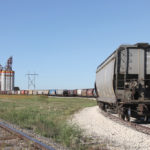
Farmers, grain companies deliver consistent message on rail legislation
They told the transport committee C-49 is an improvement but more needs to be done
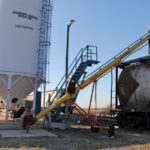
CP Rail closing 17 producer car loading sites across the West
KAP is considering joining APAS’s call for a moratorium, at least until new rail legislation becomes law

A new day for grain transportation?
With record port throughput occurring twice in the crop years following the 2013-14 shipping backlog it ‘feels’ that way

New grain system priorities: data collection, infrastructure

CN Rail set grain-shipping records September to April
Longer manifest trains and increased rail and shipper efficiency are paying off, CN says
CN Rail says it’s fully meeting grain shipper demand
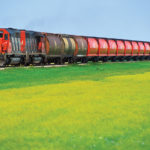
Western farmers benefit from grain-handling efficiency gains
Basis levels are closer to normal, indicating more competition and fewer system constraints, says U of M ag economist Derek Brewin
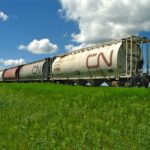
Railway costing review risks, benefits
A review was a Liberal election promise but the government hasn’t announced one despite proposed changes to the maximum revenue entitlement

Grain sector likes transportation act changes
Time will tell, but the industry says the Bill C-49 changes should lead to better grain service

